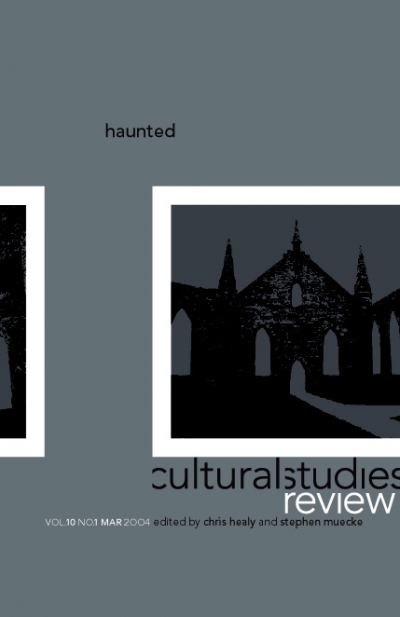Cultural Studies Review
‘The best preserve of our humanity’, Ian Britain writes in his editorial to this edition of Meanjin (Only Human, 63:1, edited by Ian Britain $19.95 pb, 236 pp), remains words. Whatever ‘our humanity’ is, it is protected, kept alive, maintained, conserved – in language. ‘[C]ertainly’, he clarifies, in the ‘honed, considered words of the good … literary artist’, but perhaps even in ‘verbiage’.
... (read more)Cultural Studies Review edited by Chris Healy and Stephen Muecke & Griffith Review 5 edited by Julianne Schultz
by James Ley •

